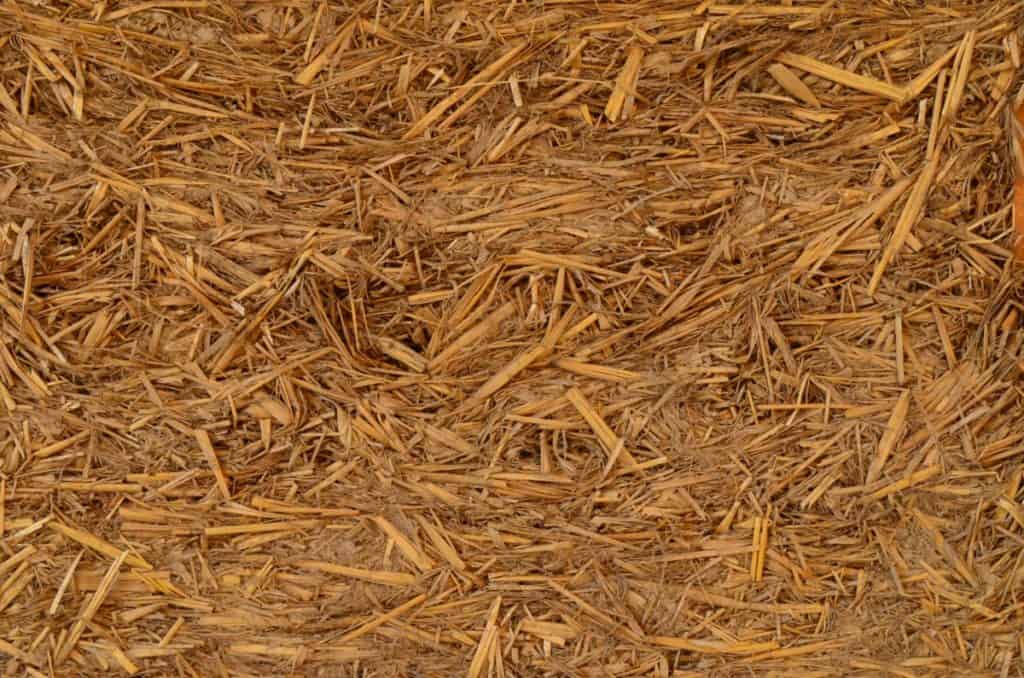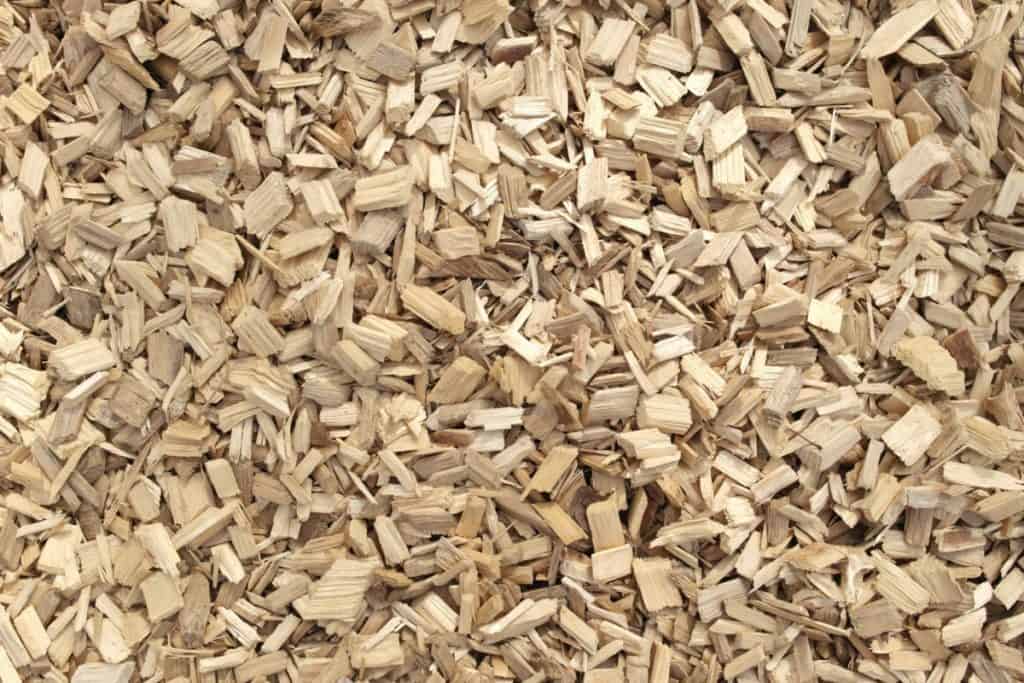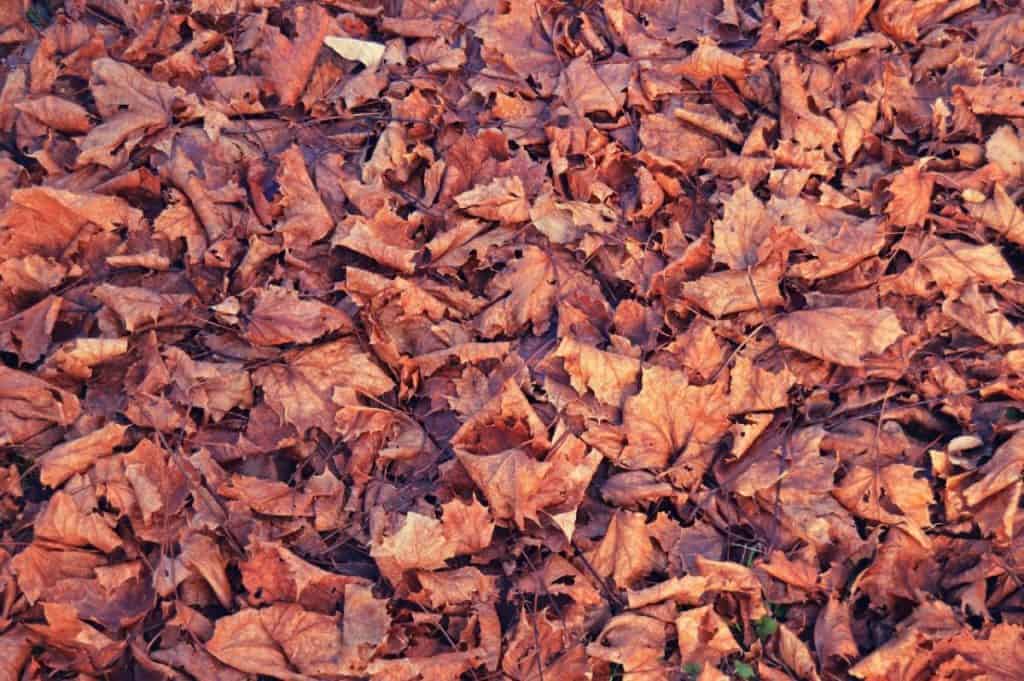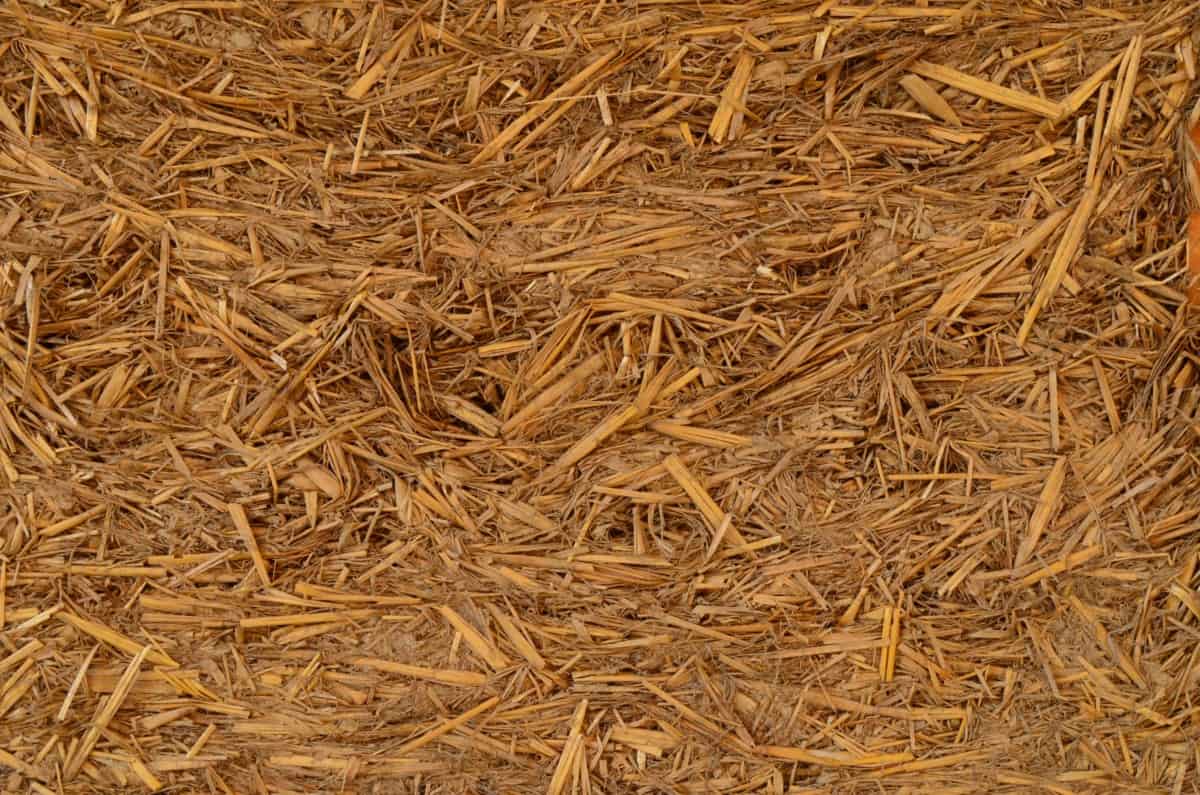Mulch is comprised of a layer of organic or inorganic material that is spread over the soil’s surface as a covering. Many gardeners utilize this mulch in their vegetable gardens for multiple reasons.
Certain Mulches are used to acquire different results in the garden, but certain mulches are not suitable for vegetable gardens in particular. What mulch is good for vegetable gardens?
There are multiple mulches on the market today. All of the mulches have pros and cons when it comes to using them in your vegetable garden. Making the right choice on which mulch to use depends on the soil in your garden, the local weather where you live, and the type of vegetable you want to grow.
Mulch is made up of various materials and can be an important part of keeping your garden healthy. You can make mulch at home, or you can buy mulch from your local gardening store, but do you really need to mulch your garden to get good results? Are there any downsides to mulching your vegetable garden?

Why Is Mulch NecessaryIn Your Vegetable Garden?
Mulches can be beneficial to vegetable gardeners and are used throughout all seasons to help vegetable crops. The benefits of applying mulch to your vegetable garden are quite substantial, although there are still a few concerns you should go through as well before deciding to use mulch in your garden.
Pros Of Using Mulch In Your Garden
Mulch is an excellent weed suppresser, and it also prevents water evaporation from the soil in your garden. This makes it easier to maintain your garden as you do not need to weed in as often, and you can skip a few watering’s every now and then without the fear of your vegetables wilting as the mulch retains moisture.
Mulch keeps the soil under it cool. This means that your vegetables are insulated from certain weather conditions like drought when the heat of summer comes around; this is extremely useful for early and late crops.
Organic mulches can decay and rot into the soil in your garden, which will help replenish the soil’s nutrients, leading to a healthier plant. This process will also encourage certain beneficial organisms that live in soil to enter your garden as well as increase worm activity in the soil.
Worms in the soil add extra benefits to it by aerating the soil, which allows for more water drainage, and this helps with the transfer of nutrients from the soil to the plants.
Mulch is also useful in the defense against certain diseases in your plants, and it can help stop some vegetables from rotting as it lifts them off of the ground.
Mulches help retain soil structure, and it assists with the prevention of soil erosion. This is extremely helpful during the winter months and during any heavy rainfall that you may experience.
Cons Of Using Mulch In Your Garden
Mulch can be a breeding ground for different types of pests. These pests are not likely to destroy your vegetable crop. However, they can be annoying when you are trying to work in your garden.
You can combine your mulching with other good organic practices to minimize the pests in your garden.
To use organic mulches for the first time in your garden, you will need to apply it when it is in a loose or half-rotted stage of decomposition, or it could cause some nitrogen to be taken out of the soil.
It could also lead to an anaerobic decomposition, which can cause sour mulch to develop, and this can damage your vegetable plants.
You need to apply a thick layer of mulch onto the soil in your garden, generally about one to three inches deep; this can get costly if you are buying your mulch from your local gardening store.
Some organic mulches may contain some unintentional weed seeds; this could cause a bunch of weeds to sprout in your garden and can take hours to pull out.

What Types Of Mulches Are There?
There are several different types of mulches on the market today. You can make some at home too. There are two main categories of mulch, these being organic mulch and inorganic mulch. Both of which can be used in your vegetable garden.
Organic mulches are plant materials that have started to decompose. This mulch includes grass clippings, pine needles, hay and straw, leaves, wood chips, and tree bark, and compost.
Organic mulches are easy to find, easy to use, and usually cost less than inorganic mulches. Most people who want to grow as organically as possible will only use organic mulch as they are comprised of natural ingredients.
Inorganic mulches are man-made materials and can provide some valuable benefits to your garden. Inorganic mulch includes black plastic, landscape fabric, newspaper, and recycled rubber.
Inorganic mulch is usually set on a piece of landscape fabric so that it is easier to retrieve the mulch, and this also helps prevent the inorganic mulch from mixing in with the soil.
Inorganic mulch can be costly as it does degrade over time resulting in the mulch needing to be replaced; this can be a regular occurrence for people who live in hot climates. If you are in hot climates, inorganic mulch can damage your vegetable plants as they keep heat in the soil, and this can make your plants overheat and wilt easily.
Both mulches have their benefits and their drawbacks when used in your vegetable garden. So, which one is best for your vegetable garden?

Which One Is Good For Vegetable Gardens
This is a usual personal preference scenario. Some vegetable gardeners say you should only use wood shavings for mulch and others say you must use rubber mulch.
However, it actually comes down to three factors that you should take into account when choosing mulch for your vegetable garden.
First, you need to consider what crop you are growing in your garden, as not all vegetable plants grow in the same conditions. Crops such as peppers, eggplants, melons, and tomatoes love the heat. So, using an inorganic mulch may be better for these plants as this mulch keeps heat in the soil.
Plants like broccoli and other greens are more suited to cooler weather, so with these vegetables, you may need to look at organic mulch to keep the soil temperature down and the plants cool.
The second thing you need to think about is the climate that you are living in. if you are residing in a hotter climate, you should use inorganic mulch sparingly as inorganic mulch may make the plants too hot and cold stress your vegetable plants. So, your plants may benefit more from the cooling properties of organic mulch.
If you live in cooler climates that receive a lot of rain, then you may want to stay away from organic mulches as they retain moisture and cool the soil. This can stunt your vegetable plants and make your plants turn yellow from too much moisture. So, Inorganic mulch may be better suited for your plants.
The third thing you should think about is the type of soil you have in your vegetable garden. Some vegetable plants perform poorly if the soil is too wet and heavy. You do not want to cover wet and heavy soil with a mulch that retains moisture, which can impact the soil’s weight on the vegetable plant’s roots.
Alternatively, you should not use plastic mulch on dry and sandy soil as this may prevent water from rain or irrigation from getting to the roots of your vegetable plant.
However, these are just a few things to think about when choosing a mulch for your vegetable garden, and the choice is ultimately up to you about which one will suit your vegetable garden most.
Conclusion
There are multiple mulches that you can choose from to use in your vegetable garden. There are benefits to each type, but there is a potential drawback to each as well. There are things to take into consideration when choosing your mulch, but there is not necessarily a right or wrong choice when selecting mulch.
You just need to make the right choice for the type of vegetables you are growing to be a successful vegetable farmer.

